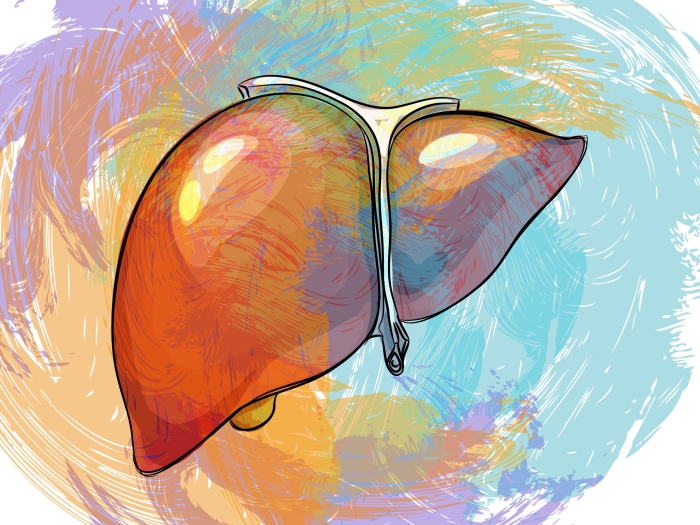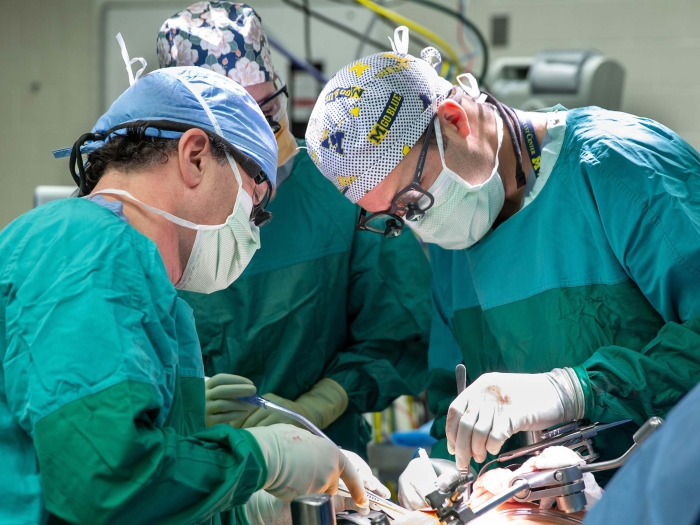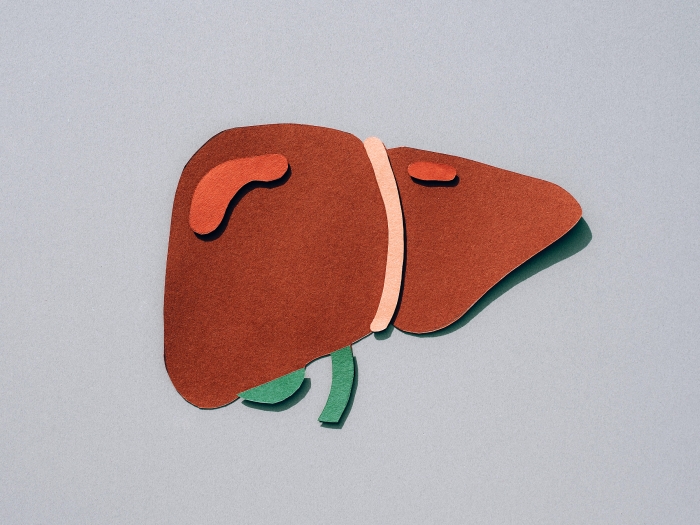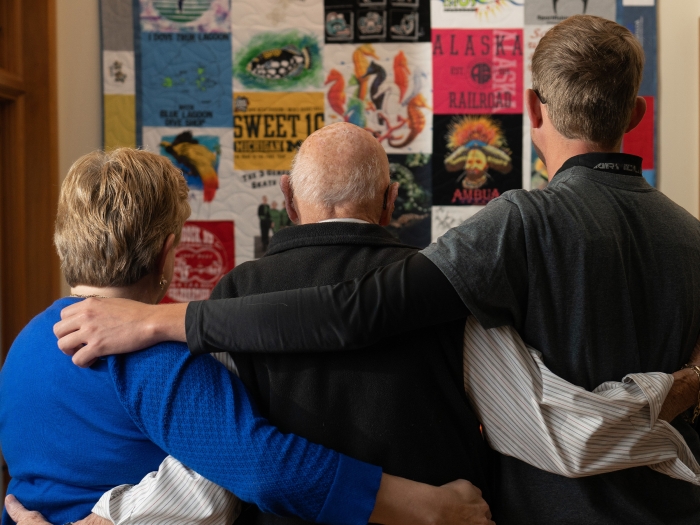After a successful liver transplant, singer Miguel Tomas Lucio uses his voice to speak up about the importance of organ donation.
1:00 PM
Author |
It was another arena gig, though different from the ones vocalist Miguel Tomas Lucio enjoyed as a young upstart who earned a Latin Grammy nomination for best new artist.
SEE ALSO: Living for Years Without a Heart Is Now Possible
This time, Lucio sang the national anthem in Yost Ice Arena at the University of Michigan — an Oct. 22 appearance before a U-M men's hockey game that doubled as a night honoring organ transplant recipients.
The performer, 47, was among the special guests.
Just a year after a cancer diagnosis led to a lifesaving liver transplant at the University of Michigan Health System, Lucio's voice remains strong.
So does his stage presence.
"I don't really get nervous," says Lucio, a former Warner Bros. recording artist who once filmed music videos for his songs on rooftops and aboard yachts. "It's been a while since I've sung live in front of a crowd that large, but I have my prep. I have my routine.
"It really comes down to me singing all my life."
Lucio's passion started as a child when his family, third- and fourth-generation Mexican-Americans, provided music during monthly Spanish-language Catholic services held in Monroe, Michigan, a community 40 miles south of Detroit. Monroe is still home for Lucio, who lives there with his wife, Clarissa, and their three children.
The passion continued in the 1980s and early 1990s, a time when not everyone understood what Lucio wanted to do — create pop-rock albums sung entirely in Spanish. This predated the Latin pop explosion led by crossover artists such as Ricky Martin.
Lucio also embraced R&B rhythms and a horn-tinged Memphis Stax sound, including a Spanish version of the Motown hit "I'll Be There."
His life's tune changed in 2013 after a diagnosis of hepatocellular carcinoma, a liver cancer that required a transplant to survive.
SEE ALSO: Antibiotics and Liver Injury: What's the Risk?
"After getting on the transplant list, it took a little over a year to get a new liver; not everyone survives the wait," says Lucio, who offered thanks to his friends and loved ones for providing emotional and financial support as he battled liver failure.
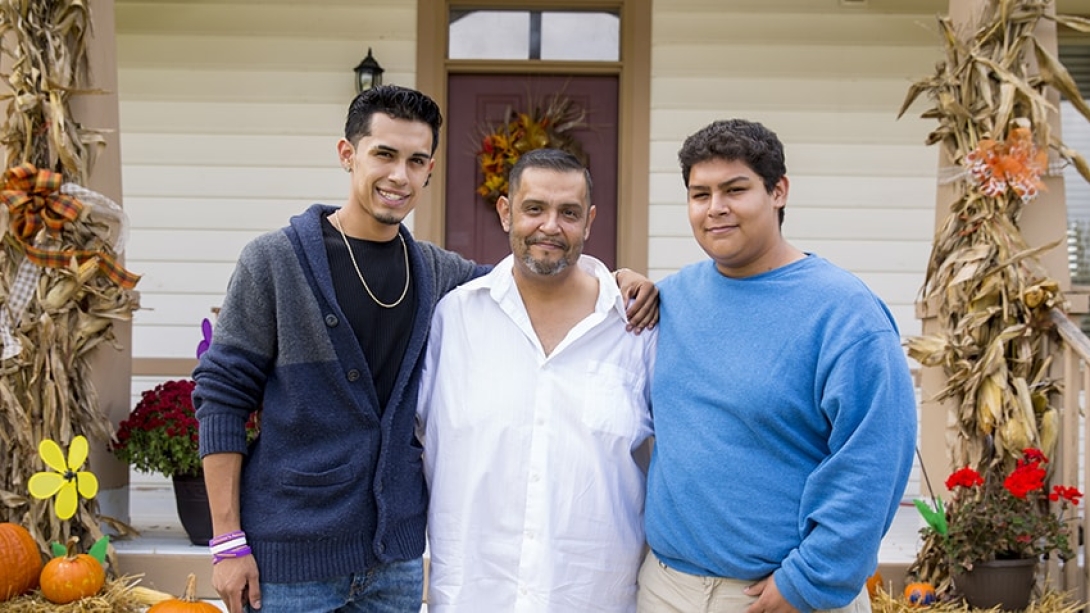
These days, his gusto is driven by gratitude for a second chance at life — devotion that extends beyond musical artistry.
Lucio, who splits his time between his family, selling real estate and songwriting, is also using his voice to spread the word about organ donation.
More donors of all backgrounds and races, he says, are needed.
Hispanics make up about 24,000 of the 131,347 people on organ transplant lists, according to the U.S. Department of Health and Human Services.
And, despite comprising 18.6 percent of candidates waiting for a transplant in 2015, Hispanics were only 13.8 percent of donors.
Which is why, the artist attests, everyone should consider the simple lifesaving gesture.
Says Lucio: "I know how lucky I am — and truly blessed."

Explore a variety of healthcare news & stories by visiting the Health Lab home page for more articles.

Department of Communication at Michigan Medicine
Want top health & research news weekly? Sign up for Health Lab’s newsletters today!
